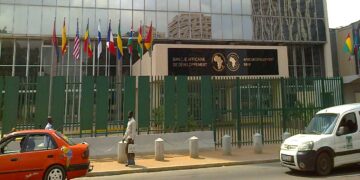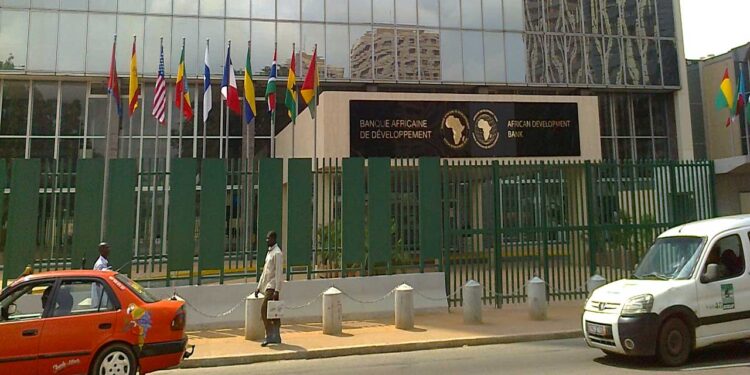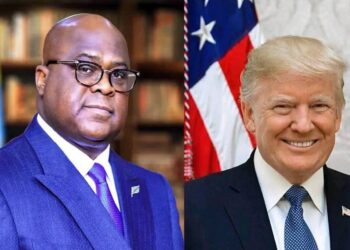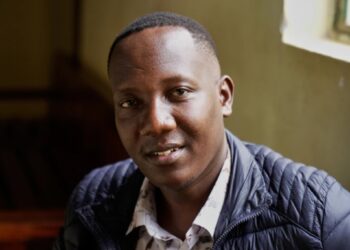By Ebi Kesiena
Japan and the African Development Bank (AfDB) have announced a landmark $5.5 billion financing framework designed to accelerate sustainable development and infrastructure growth across Africa.
The deal, unveiled on Wednesday during the opening session of the 9th Tokyo International Conference on African Development (TICAD9) in Yokohama, will leverage the Japan International Cooperation Agency’s (JICA) private sector investment finance as a catalyst for transformative projects on the continent.
Japanese Prime Minister, Shigeru Ishiba, who formally launched the initiative, explained the importance of co-creation between Africa and Japan, stressing that lasting progress depends on solutions that are rooted in local contexts and priorities.
“Japan is providing various cooperation and support for Africa. But first of all, Japan needs to know more about Africa. In creating solutions together, this co-creation at TICAD9 focuses on three important areas: private sector-led sustainable growth, youth and women empowerment, and regional integration and connectivity within and beyond Africa.” Prime Minister Ishiba said.
A New Model of Partnership
The $5.5 billion framework reflects Japan’s shift towards a partnership model that prioritizes private sector-led initiatives over traditional aid. According to officials, the funding will support investments in key areas such as renewable energy, transportation networks, and digital infrastructure, sectors seen as critical to unlocking Africa’s economic potential.
Prime Minister Ishiba emphasized that Japan’s approach to Africa is grounded in respect and collaboration, avoiding the one-size-fits-all strategies that have sometimes undermined past development efforts. “Mutual understanding and co-creation are at the core of our engagement with Africa,” he noted.
Africa’s Voice on the Global Stage
Meanwhile, at the conference, Nigerian President Bola Ahmed Tinubu welcomed Japan’s initiative but also used the platform to call for deeper global reforms that would give Africa greater influence in international decision-making. He urged Japan and other global partners to support Africa’s campaign for reforms at the United Nations, particularly within the Security Council.
“It is the view of Nigeria that Africa’s quest for fair and equitable representation in the UN Security Council is a just and fair demand,” Tinubu said. “Africa deserves two seats in the Permanent Category, with all its prerogatives and privileges, including the Right of Veto. Africa also deserves additional seats in the non–permanent seat category of the Security Council, as encapsulated in the Ezulwini Consensus and the Sirte Declaration.”
President Tinubu further stressed that Africa’s partnerships should be market-driven and anchored on cooperation rather than dependency. He called for investment models that empower African economies to chart their own course rather than perpetuate reliance on aid.




































